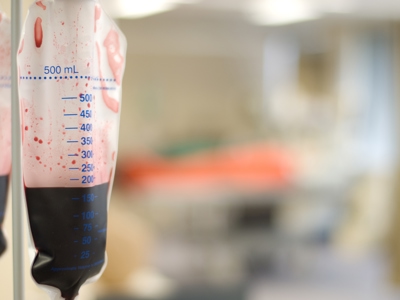
No-fault redress: No-panacea
Sarah Moore responds to the Times' suggestion of the 'no-fault system'.
Posted on 07 February 2024
In the Times on Monday 5 February, Jeremy Hunt MP, called for the UK to adopt a no-blame compensation scheme for medical errors “to help end a deadly cycle of NHS scandals and cover up”. In doing so, Mr Hunt, appears to position “no fault” redress schemes as a panacea – through which grieving families can avoid the delays, the cost, and the need for lawyers to get involved- when things go wrong with medical services and products.
The UK is no stranger to no-fault redress schemes: Past examples include the Thalidomide Trust, the various Infected Bloods schemes, the vCJD redress scheme and the Vaccine Damage Payment Scheme, or VDPS, which provides a single tax free payment for those seriously disabled or bereaved because of vaccination.
The workings of the VDPS have been under closer examination in recent months, in the context of the pandemic and the unprecedented number of applications that have been made to the scheme throughout the course of 2021-2023:
In the context of the Government’s renewed interest in no-fault redress schemes, it is worth looking closely at how the VDPS is functioning in providing a litigation free route to redress: The following data, gleaned from responses to Parliamentary Questions, may shed some light:
- Applications to the VDPS increased from a total of 6,799 for the 44 year period from 1977-2021 to 9,386 for the four year period from 2020-2024. That is a 20-fold increase in applications year on year.
- Of the applications processed between 2020-2024, just 1.7% of all applications have been successful. [Q. Vaccine Damage Payment Scheme: Coronavirus (parallelparliament.co.uk)]
- To be successful applicants must prove both 60% disablement and vaccine causation on the “balance of probabilities”
- If they do so, successful applicants, receive a single one-off tax-free lump sum of £120,000.
The above data suggests that the VDPS is currently offering too little, too late, to too few people: Consequently, instead of providing those injured or bereaved through vaccination an alternative route to redress, the failings of the scheme are incentivising litigation. Indeed, around 70% of those involved in litigation against AstraZeneca arising out of VITT are in receipt of VDPS awards – but feel they have no choice but to pursue litigation in order to access meaningful financial support.
The VDPS is a good example of how setting up a “no fault” redress scheme without close attention to payment mechanisms, maximum awards, resourcing and management can be counter-productive and ill-serve the people that it was intended to help.

Infected Blood Inquiry lawyers call for compensation framework to be set up immediately following further delay to Inquiry Report
Individuals and their families frustrated by another delay to the Infected Blood Inquiry final report have called for a compensation scheme to be put in place urgently.

